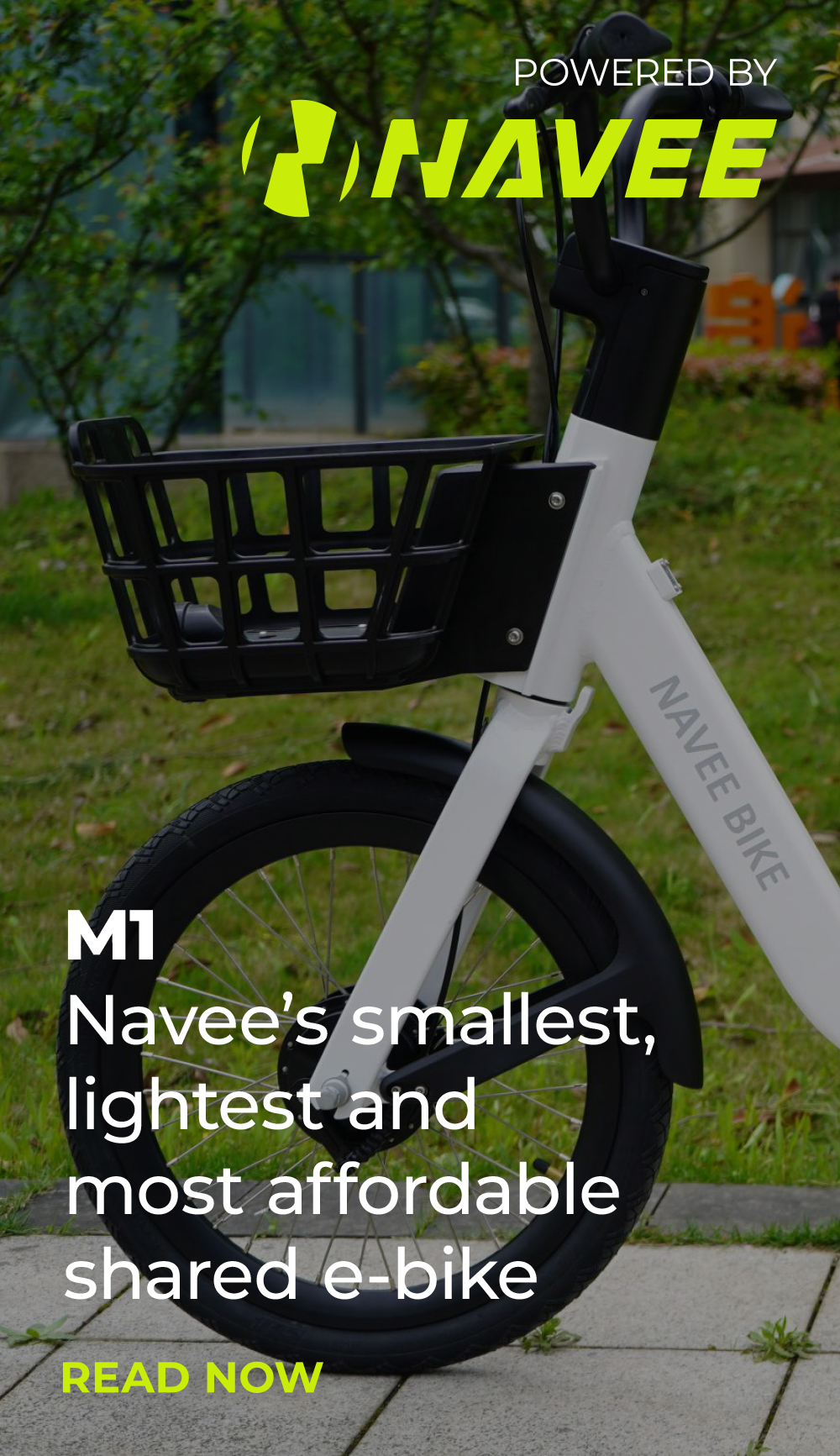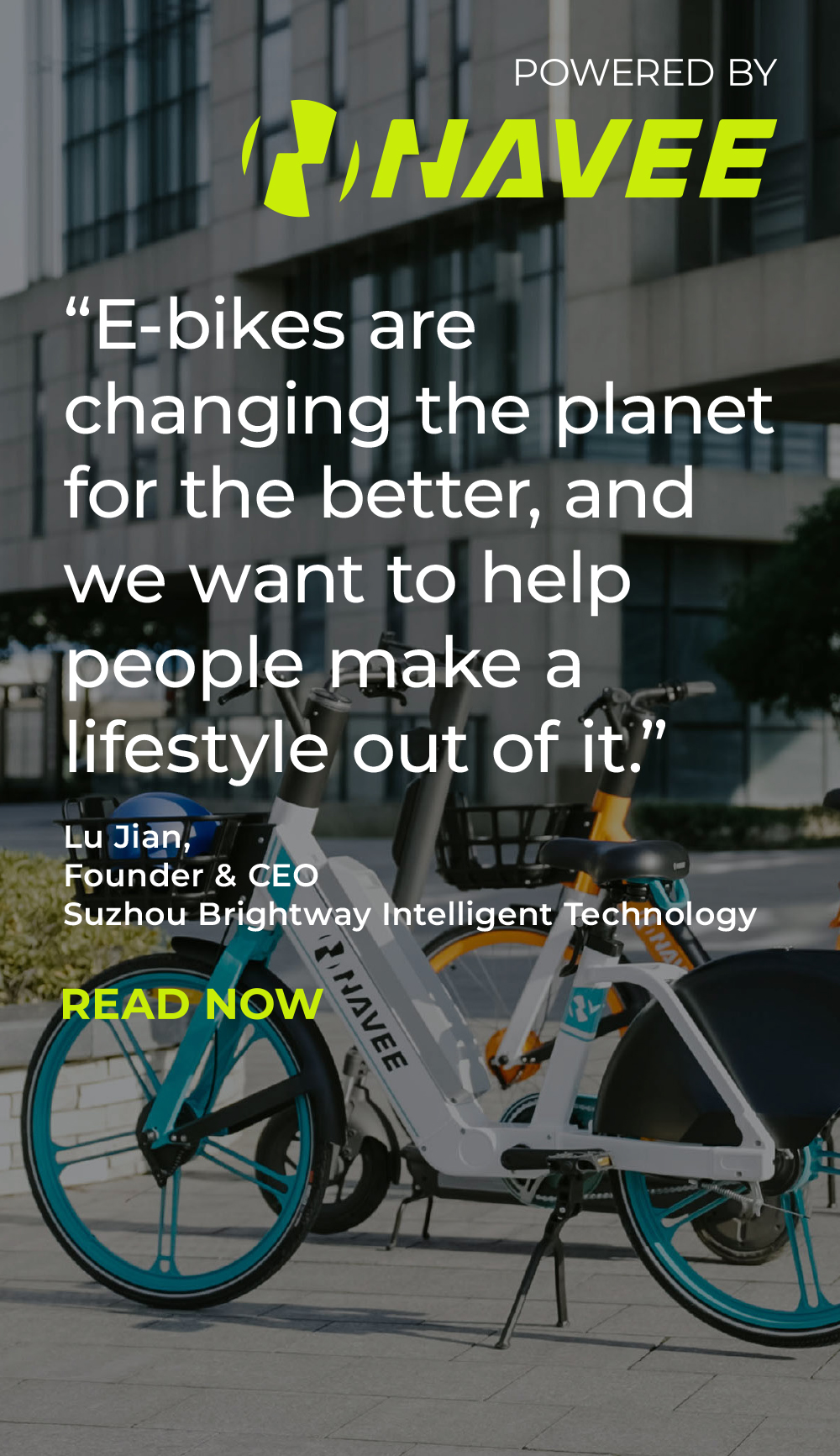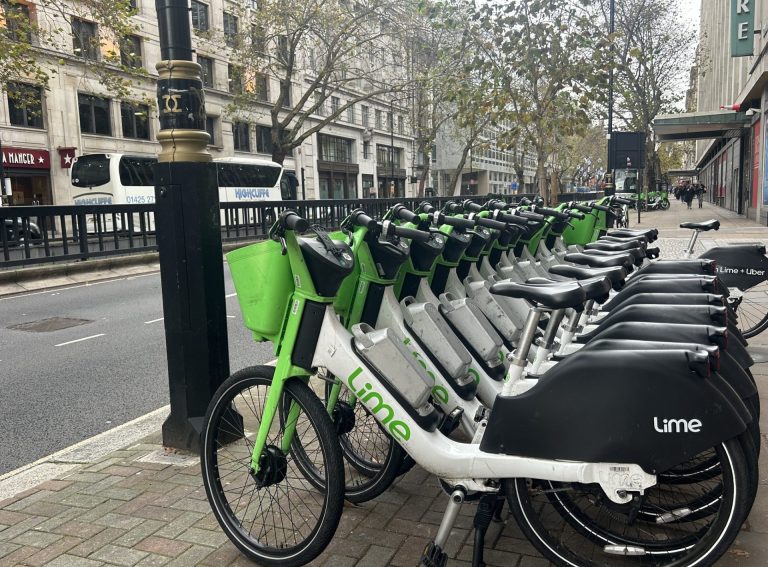Wind has started ramping up its shared e-scooter trial in Nottingham to expand its fleet from 450 to 750 over the next few weeks.
The Berlin and Barcelona-based micromobility company said it needs to start expanding its trial to meet demand after delivering over 230,000 rides across Nottingham and Derby over the last six months since launch in October 2020.
Wind’s scooter fleet has already clocked up over 435,000 miles, with average trip lengths of 1.9 miles, with each scooter being used five to six times per day.

Lukasz Rybak, Wind Nottingham and Derby city manager, told Zag the current operational fleet of around 450 e-scooters would start scaling up at a rate of 50 per week.
Nottingham represents around 95% of the Wind fleet in the Nottingham area, with Derby’s smaller scheme operating on a monthly subscription basis.
Rybak said: “We have been cautious from the very beginning to make sure we haven’t been adding too many scooters at one time.
“We use software that helps us to understand utilisation and when it makes sense to start scaling up to introduce more scooters.”
Nottingham could sustain 1,000 e-scooters
Rybak estimates that the Nottingham area could sustain around 1,000 e-scooters in total.
After building up to 750, Wind will then review a further expansion to reach that higher limit of volume.
Reaching these higher volumes means Rybak is confident the trial will become profitable for Wind over the next few months.
While the Nottingham trial has been successful enough to start getting bigger, that doesn’t mean it hasn’t been faced with challenges.
Most recently, a visually impaired resident in the Nottingham area was left “injured and frightened” after falling over a Wind e-scooter that was left outside a shop.
Making sure the shared e-scooter fleets do not cause obstructions for all pedestrians, particularly those with any visual impairment is a challenge for all operators in the UK.
Rybak said Wind is doing everything it can to address all concerns that come up during the trial.
He said: “We are working with the council on a solution that could send out a vibration and audio message to the smartphones of those with visual impairments so they get an alert when they’re in a shared e-scooter operating zone.
“We are also introducing teams on the ground to help identify irresponsible behaviour, including pavement riding and parking irresponsibly.”
Collaboration with Nottingham City Council
Rybak said is working in collaboration with Nottingham City Council “on a daily basis”, as well as sending data and reports on any incidents, as well as trip volumes.
Wind and the council are working together to introduce more designated parking zones, with as many as 400 planned across Nottingham to help address any issues around scooter clutter.
There are also “go slow” zones in Nottingham city centre that limit Wind scooter speeds to 5mph.
As part of the requirements for gaining Department of Transport (DfT) approval for the UK trial, Wind also sends reporting information to the UK government too.
There is still a lack of clarity from DfT right now on what is happening with the trials, whether there will be an extension into 2022, or whether they will end in November this year, in Wind’s case, having started its UK trial at the end of October 2020.
Rybak said: “We have an exit strategy in place and we are looking at all possible scenarios, but as it stands we have no information about what’s happening next.
“We’re still waiting to hear details from the DfT and we hope to hear something by early May.”






